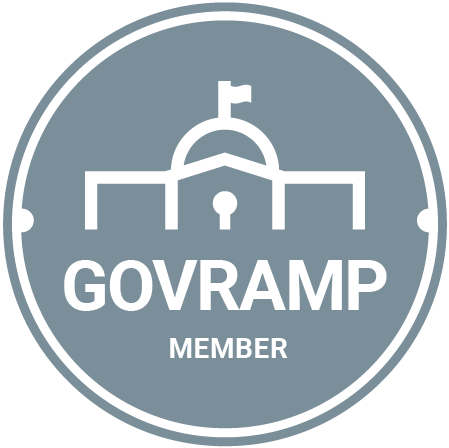1. Digital Transformation and E-Procurement
One of the most prominent trends in government procurement is the digital transformation of processes through e-procurement. Governments are increasingly adopting electronic methods for conducting procurement activities, such as tendering, bidding, and contract management. E-procurement streamlines the entire procurement lifecycle, reducing paperwork, enhancing transparency, and improving overall efficiency. It allows for greater access to information, facilitates competition, and promotes equal opportunities for suppliers to participate.
2. Sustainable Procurement
As sustainability becomes a global priority, governments are incorporating sustainability criteria into their procurement practices. Sustainable procurement focuses on acquiring goods and services that have minimal environmental impact, support social welfare, and promote ethical business practices. By integrating sustainable practices, governments aim to achieve broader sustainability goals, including reducing carbon emissions, promoting circular economy principles, and supporting local communities.
3. Increased Focus on Small and Medium Businesses
Governments are recognizing the importance of supporting small and medium-sized businesses (SMBs) through procurement. SMBs play a crucial role in driving economic growth and creating job opportunities. To foster SMB participation, governments are implementing policies such as setting aside a certain percentage of contracts specifically for SMBs, simplifying bidding processes, and providing capacity-building assistance. These initiatives aim to level the playing field and promote competition while fostering local entrepreneurship.
4. Data Analytics and Artificial Intelligence (AI)
The rise of data analytics and artificial intelligence is revolutionizing government procurement. Governments are leveraging data to gain insights into spending patterns, supplier performance, and market trends. By harnessing AI algorithms, governments can automate processes, improve decision-making, and detect fraud or irregularities. Predictive analytics enables better demand forecasting, leading to optimized procurement planning and cost savings. Visibility and integrity are critical aspects of modern government procurement. Governments are implementing measures to enhance their ability to see the end-to-end process, and ensure fair competition. Open data initiatives have enabled stakeholders to access procurement-related information easily. Emphasis on accountability, ethical behavior, and robust anti-corruption measures contributes to building trust among suppliers, citizens, and other stakeholders involved in the procurement process.
5. Collaboration and Partnerships
Some governments embrace collaboration and partnerships with private sector entities and international organizations to drive innovation and improve procurement outcomes. Collaborative initiatives enable knowledge sharing, exchange of best practices, and joint problem-solving. Public-private partnerships are utilized to leverage private sector expertise and resources in delivering public projects and services effectively.
6. Agile Procurement
Traditional procurement processes are often criticized for being lengthy and inflexible. To address this, governments are adopting agile procurement approaches that emphasize iterative development, flexibility, and adaptability. Agile methodologies, commonly used in the software industry, are being applied to procurement projects to deliver results more quickly, respond to changing needs, and incorporate user feedback throughout the process.
7. Compliance
Two of the most commonly referenced compliance documents we hear about from customers are states’ contracting manuals and The Americans with Disabilities Act (ADA). Federal regulations and other laws also affect what can and can not occur during a procurement. Increasingly, this means implementing a system of action around documents that are integral to the procurement: solicitations, contracts, grants, budget change requests. Our platform currently serves as a system of action in 14 agencies in California.
Summary
- Government procurement is undergoing a transformation, driven by technological advancements, sustainability goals, and the pursuit of greater visibility and efficiency as well as an increased focus on compliance. As governments continue to evolve their procurement strategies, these trends will likely become even more prominent. At Authorium we partner with our customers to foster innovation, economic growth, and effective delivery of goods and services.
- Our platform is often the first step in the digital transformation of procurement, contracts, grants, and budgeting. For those agencies with a pre-existing investment in e-procurement solutions, Authorium compliments these investments while delivering value by making document production more agile while ensuring compliance.
Relevant links
- In the news, Bloomberg Government reports, “Five Trends in Government Contracting” (published February 2023)
- From GovTech, “The two procurement concepts that will enable California to make the most of taxpayer dollars” (August 2023)



